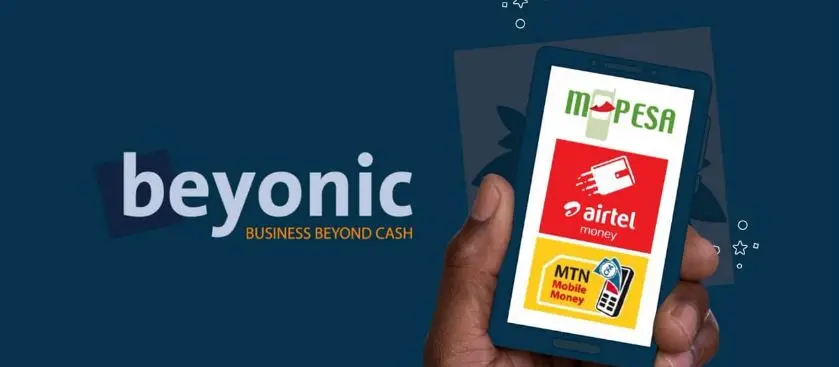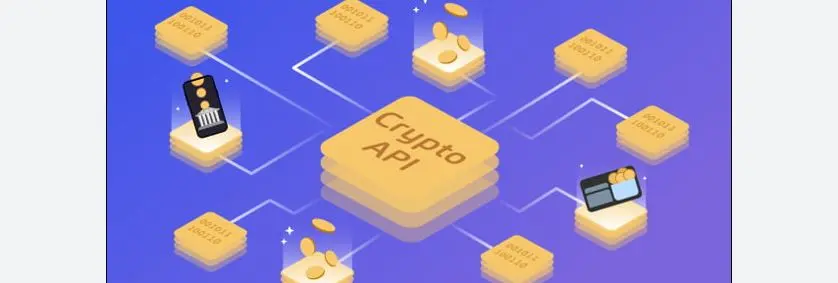
In recent years, the financial technology (fintech) industry in Uganda has experienced significant growth, with a focus on developing innovative solutions to meet the needs of the country’s unbanked population. This has led to the emergence of a vibrant ecosystem of fintech startups and companies that are leveraging application programming interfaces (APIs) to create powerful and user-friendly financial applications. In this article, we will explore the top fintech APIs in Uganda that software developers can integrate into their applications to enhance functionality and provide a seamless user experience.
1. Mobile Money APIs

Mobile money has revolutionized financial services in Uganda, providing a convenient and secure way for people to send, receive, and store money using their mobile phones. The leading mobile money providers in Uganda, such as MTN Mobile Money and Airtel Money, offer APIs that allow developers to integrate mobile money functionality into their applications. These APIs enable users to initiate transactions, check account balances, and perform other mobile money operations seamlessly within their applications.
2. Payment Gateway APIs

Payment gateways are essential for facilitating online transactions and enabling merchants to accept payments from customers. In Uganda, there are several payment gateway providers, including Payway, Pesapal, and Flutterwave. These providers offer APIs that allow developers to integrate payment gateway functionality into their applications. With payment gateway APIs, developers can securely process online payments, handle refunds, and manage transaction data.
3. Credit Scoring APIs

Access to credit is a crucial factor for economic growth and financial inclusion. Fintech companies in Uganda are leveraging credit scoring APIs to assess the creditworthiness of individuals and businesses. These APIs analyze various data points, such as financial history, payment behavior, and credit bureau information, to generate credit scores. By integrating credit scoring APIs into their applications, developers can provide users with instant credit assessments and personalized loan recommendations.
4. Digital Wallet APIs

Digital wallets, such as PesaPal and Beyonic, have gained popularity in Uganda, offering users a convenient and secure way to store and manage their digital currencies. Digital wallet APIs enable software developers to integrate digital wallet functionality into their applications, allowing users to make payments, send money to other users, and manage their account balances. These APIs provide a seamless user experience and enhance the security of digital transactions.
5. Remittance APIs

Remittances play a significant role in the Ugandan economy, with many people relying on funds sent from abroad to support their families and businesses. Fintech companies are leveraging remittance APIs to provide efficient and cost-effective solutions for international money transfers. These APIs enable developers to integrate remittance functionality into their applications, allowing users to send and receive money across borders quickly and securely.
6. Blockchain APIs

Blockchain technology has the potential to revolutionize various aspects of the financial industry, including payments, identity verification, and smart contracts. Fintech companies in Uganda are exploring the use of blockchain APIs to develop innovative solutions. These APIs provide developers with access to blockchain networks, allowing them to build decentralized applications (dApps) and leverage the security and transparency offered by blockchain technology.
7. Personal Finance Management APIs

Personal finance management is crucial for individuals and small businesses to track their income, expenses, and savings. Fintech companies are leveraging personal finance management APIs to provide users with tools to manage their finances effectively. These APIs enable developers to integrate budgeting, expense tracking, and financial planning functionality into their applications, empowering users to make informed financial decisions.
8. Insurance APIs

Insurance plays a vital role in mitigating risks and protecting individuals and businesses from financial losses. Fintech companies in Uganda are leveraging insurance APIs to provide users with access to insurance products and services. These APIs enable developers to integrate insurance functionality into their applications, allowing users to compare insurance plans, purchase policies, and file claims seamlessly.
9. Financial Data APIs
Access to accurate and real-time financial data is crucial for making informed investment decisions and conducting financial analysis. Fintech companies in Uganda are leveraging financial data APIs to provide users with access to market data, stock quotes, and other financial information. These APIs enable developers to integrate financial data functionality into their applications, allowing users to stay updated on the latest market trends and make data-driven investment decisions.
10. Digital Lending APIs
Digital lending platforms have gained popularity in Uganda, providing individuals and small businesses with access to quick and convenient loans. Fintech companies are leveraging digital lending APIs to develop lending platforms that streamline the loan application and approval process. These APIs enable developers to integrate digital lending functionality into their applications, allowing users to apply for loans, receive instant loan approvals, and manage loan repayments.
In conclusion, the fintech industry in Uganda is rapidly evolving, driven by the adoption of innovative technologies and the integration of APIs. By leveraging these top fintech APIs, software developers can create powerful and user-friendly financial applications that cater to the needs of the Ugandan population. Whether it is mobile money, payment gateways, credit scoring, or blockchain technology, these APIs provide the building blocks for the future of fintech in Uganda.
Note: The information provided in this article is based on the research of various sources and may be subject to change. Developers are advised to refer to the respective API documentation for the most up-to-date information and

